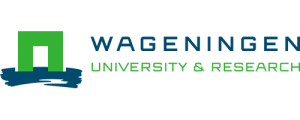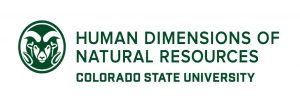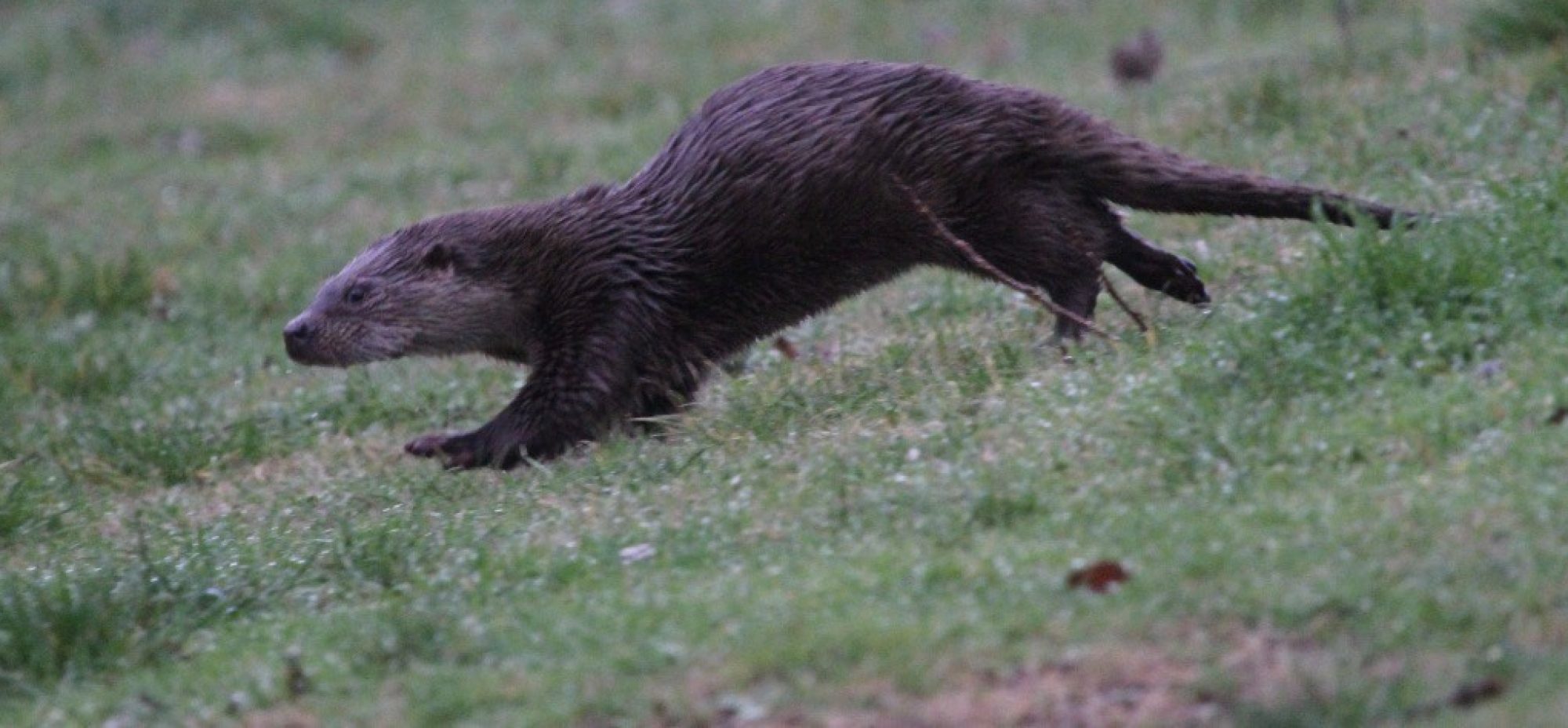Workshop Sessions
We will be hosting workshop sessions on Wednesday, 19 October 2022, for practitioners and other interested parties. We are excited to announce the following workshop sessions:
Dealing with Polarization and Communication with Different Agencies
Workshop Organizer:
Maarten Jacobs, Cultural Geography Group, Wageningen University & Research
Wednesday, 19 October 2022 | 9:30 am – 11:45 am
Polarization occurs frequently in the context of human-human conflicts regarding wildlife issues, such as discussions about the habitat extensions of wolves in various European countries. For conservation practitioners and scientists, it is often difficult to operate with polarization. How does polarization work? What different roles can individuals and organizations assume in polarized debates? Is there anything one can do to depolarize or avoid future polarization? This workshop offers an analytical framework to address these questions. Participants are invited to apply this framework to an issue of their choice and learn about consequences for communication and action.
New Wildlife Management Models in The Netherlands
Workshop Organizers:
Ine Dorresteijn, Copernicus Institute of Sustainable Development, Utrecht University
Martin Drenthen, Institute for Science in Society, Radboud University
Joris Cromsigt, Department of Wildlife, Fish and Environmental Studies, Swedish University of Agricultural Sciences
Wednesday, 19 October 2022 | 3:00 pm – 5:15 pm
The Netherlands experiences a major comeback of several larger mammal species, including several ungulate species, semi-domesticated large grazers, beaver, otter, and the wolf. While some celebrate this wildlife comeback and advocate for management models that widely accept wildlife, others emphasize the negative impacts and argue for limiting their numbers. The wildlife comeback, thus, creates an uncertain future for human-wildlife relations. In a country as densely populated as the Netherlands, humans and wildlife interact constantly, knowingly, or more often, unknowingly. These behavioral interactions are a form of interspecies communication that current wildlife management often ignores by focusing on managing wildlife numbers. WildlifeNL is a newly funded 8-year program, where several knowledge institutions team-up with a broad range of societal stakeholders to critically analyze current Dutch wildlife management and jointly develop alternative scenarios for future human-wildlife management focused on managing behaviors rather than just numbers. We propose to develop an innovative interspecies communication approach to wildlife management in the Netherlands by combining the latest insights from environmental social science, governance, philosophy, behavioral ecology, and engineering. More specifically, we will co-create novel smart Internet of Things technologies that help understand and steer human-wildlife behaviors, and study the broader social, ethical and philosophical dimensions of an interspecies communication approach to wildlife management and how technology can improve human-wildlife coexistence. We will also investigate new governance arrangements and communication strategies that can help to transition towards co-managing human and wildlife behavior. Finally, WildlifeNL will integrate and upscale the outcomes through developing transformative pathways for wildlife management in the Netherlands, using participatory scenario planning and serious gaming.
In this 2-hour session, we will introduce WildlifeNL through a series of short presentations and an interactive workshop. During the first hour, we will present the overall goals and the interdisciplinary character of the WildlifeNL project and discuss the different sub-questions of the project. During the second hour, have an interactive round-table discussion on current and future wildlife management in the Netherlands, in which participants will have opportunity to provide input on the research of the project. In the workshop participants are invited to reflect on 3 questions: i) What are the current barriers in Dutch Wildlife Management?; ii) Where do you see opportunities for Dutch Willdife Management?; and iii) How are these linked to current knowledge gaps?
This workshop will be bi-lingual. The presentations etc. will be held in English, but because we recognize that not all participants will be comfortable talking in English, participants may also ask questions etc. in Dutch, which will then be translated.
Brought to you by:


